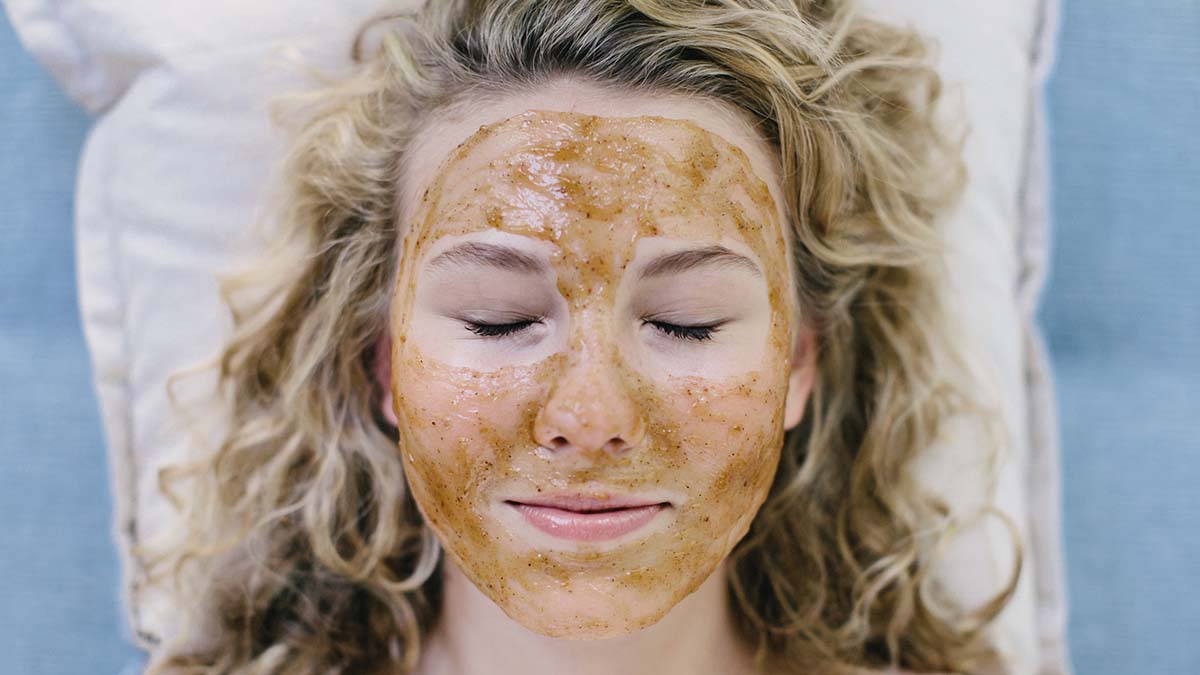
When the seasons change, so does our skincare. After the summer months, our skin can be stressed out from the heat and sun exposure. Not to mention needing a little exfoliation reset to refresh dry, dull skin and extra buildup of sunscreen and oil. Through summer into early fall, I’m a big fan of using more enzyme exfoliation. There are so many great options with enzymes, and they’re generally more gentle than physical or acid-based exfoliants, perfect for the warmer months and a great option for those with sensitive skin. Keep reading to learn more about enzymatic exfoliants and how to get the most out of them!
- What is Enzyme Exfoliation?
- What Are the Benefits of Using Enzymes to Exfoliate?
- Recommended Enzyme Exfoliants
What is Enzyme Exfoliation?
Let’s cut down to the basics by defining both enzymes and exfoliation:
What Are Enzymes?
Enzymes are a type of protein comprised of amino acids that speed up chemical reactions. In skincare, enzymes break down the keratin in the upper layer of the skin, releasing the bond of dead skin cells and allowing them to shed.
What Is Exfoliation?
Exfoliation is the process of removing dead skin cells and buildup from the stratum corneum, the outermost layer of the skin. While this occurs naturally, we tend to use physical or chemical products to speed up the process significantly.
So, what is enzyme exfoliation? It is the process of using proteins to break down dead skin cells to encourage cell turnover and reveal more radiant skin.
What Are the Benefits of Using Enzymes to Exfoliate?
Exfoliation, in general, has many benefits, as you can see below. Overall, by enhancing cell turnover and purifying pores, skin is refreshed, revitalized, and primed for maximum product absorption.
- Increasing cell turnover
- Clearing clogged pores
- Boosting collagen production
- Reducing dark spots and uneven skin tone
- Improving skin texture
- Maximizing product absorption
Click here to read about all the different types of exfoliation
So why Enzymes? First things first, enzymes are more gentle than acids while achieving almost the same end results without interrupting the pH of our skin. They are much more suitable for sensitive skin types and are safe to use during pregnancy. Second, since they don’t require manual action to work, they won’t cause broken capillaries or further irritate sensitive or reactive skin.
That being said, you can still overdo it with enzyme exfoliation. Start off using the exfoliant of your choice once per week. You can slowly increase use, depending on the product or as necessary. Also, whenever you increase cellular turnover, you increase sun sensitivity. Never skimp on your SPF just because enzymes are more gentle.
Most enzymes used in skincare products are called proteolytic enzymes, sourced from fruits such as papaya, pineapple, pumpkin, and pomegranate.
Recommended Enzyme Exfoliants
There are an array of enzyme-based exfoliants available in many forms as well, including: powders, masks, and peels. I’ve recommended some of my tried and true favorites to give you a variety of options to peruse.
- Dr. esthé Enzyme Deep Clear Powder Wash – a powder-based cleanser that can be used on its own or added to your favorite face wash for enhanced results—contains papaya to gently slough dead skin.
- Botnia Essential Enzymes – a cream-based cleanser that can be used as a mask as well, uses pomegranate for the most gentle exfoliation with shea butter to relieve skin.
- Rhonda Allison Derma-Zyme – a unique, gel-based gommage mask that peels away rough texture utilizing papaya and pineapple.
- Rhonda Allison Skin Brightening Enzyme – a cream mask featuring papaya along with kojic and salicylic acids for added brightening and skin-clearing properties.
- Sorella Apothecary Blackberry Lime Fruitfoliant – a luscious fruit pulp mask that mixes in lactic acid to remove dead skin cells for brighter, tighter skin.
As with all skincare, you need to find what works for you and your lifestyle. Enzymes deliver fantastic results without too much stress on the skin, perfect during the warmer time of the year or if you have sensitive skin. If you haven’t given enzyme exfoliation a chance, I recommend trying it out during the transition from summer to fall. As always, if you have any questions or concerns, feel free to reach out to us on Live Chat!

Unsure where to start? Reach out for a free skincare checkup, and our licensed estheticians will optimize your routine for the best results. We’ll be here every step of the way!
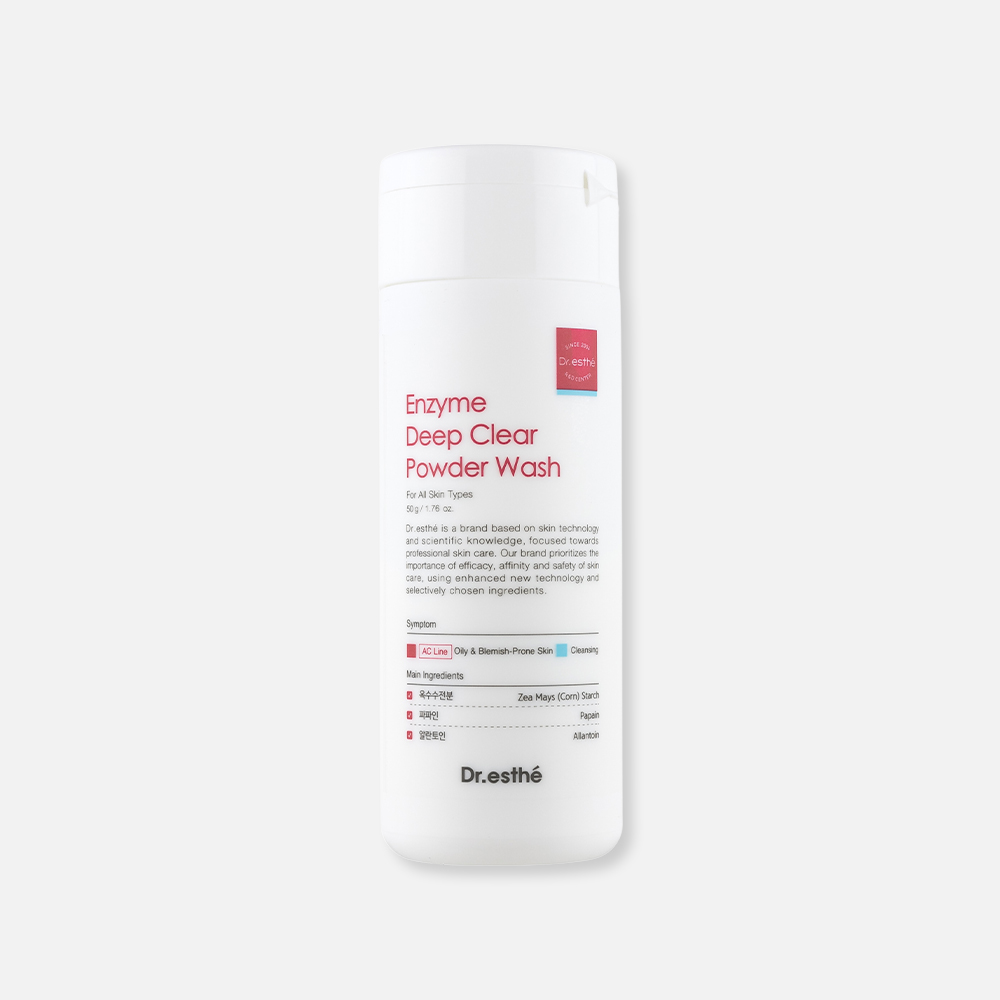
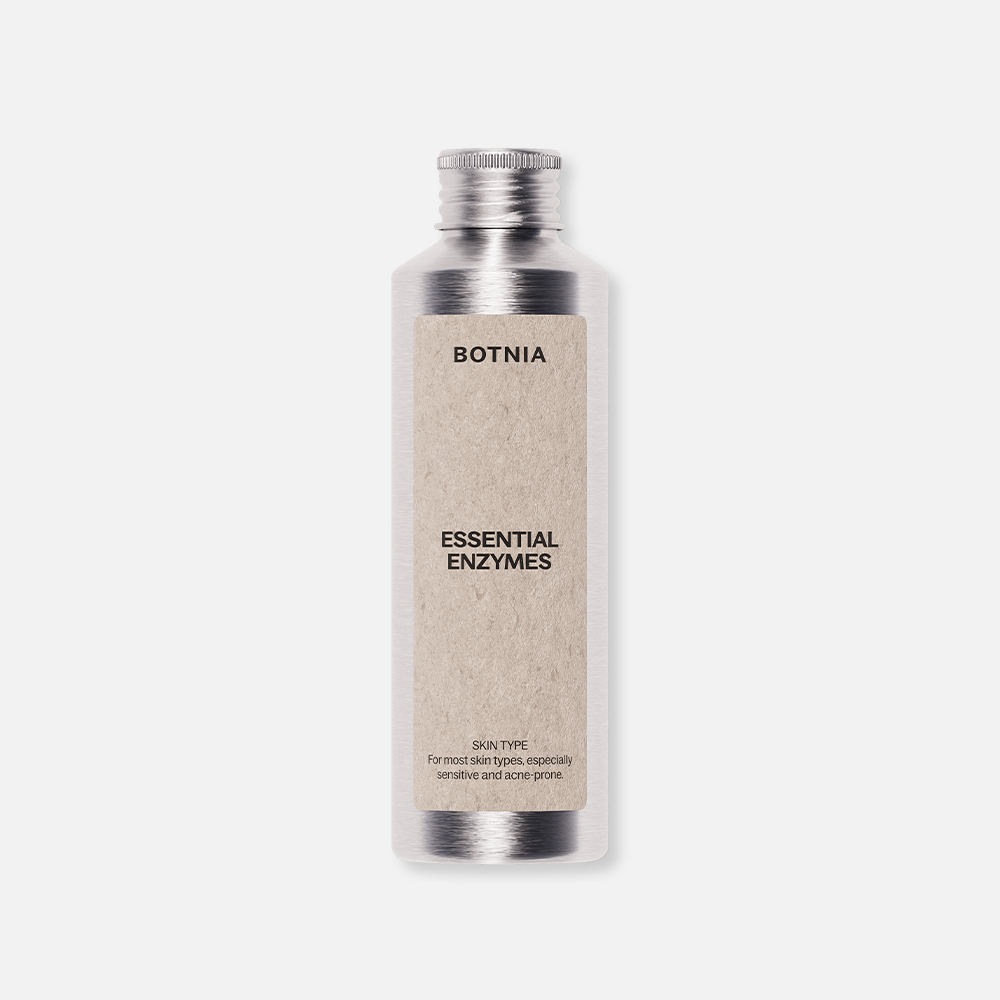
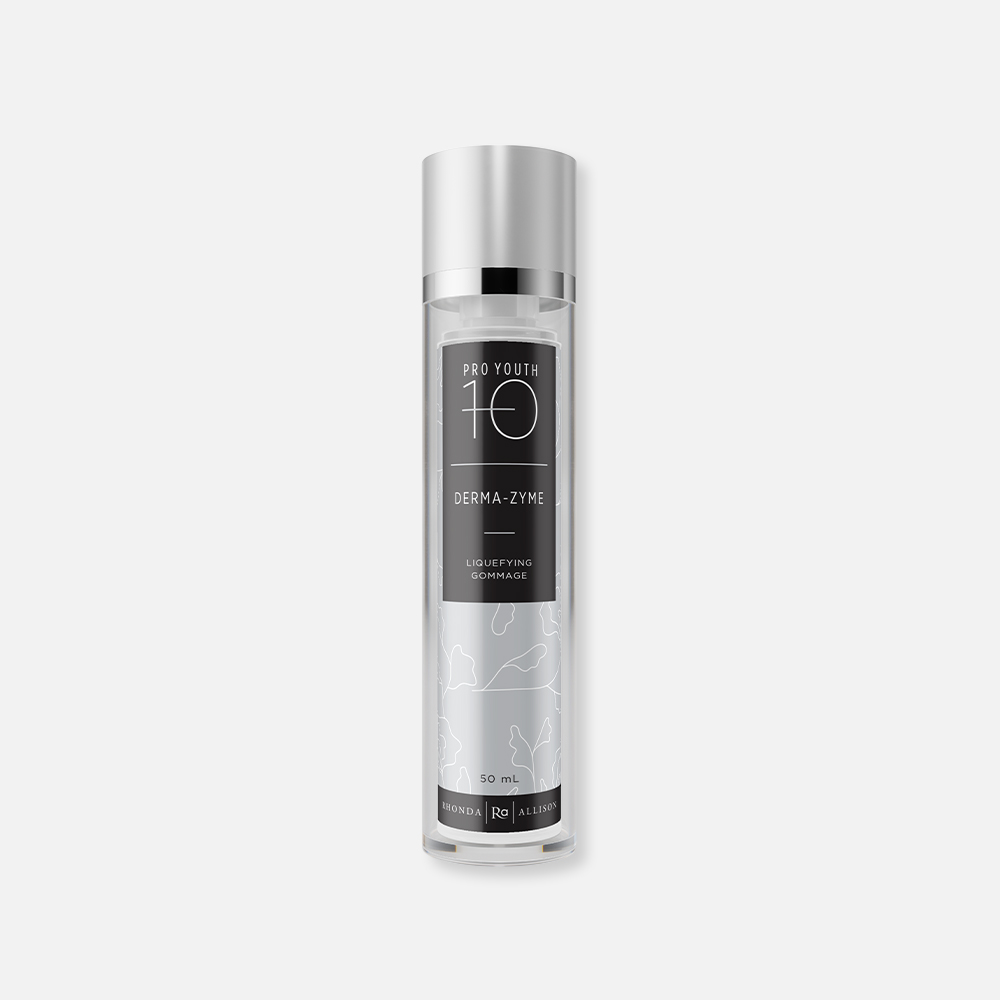
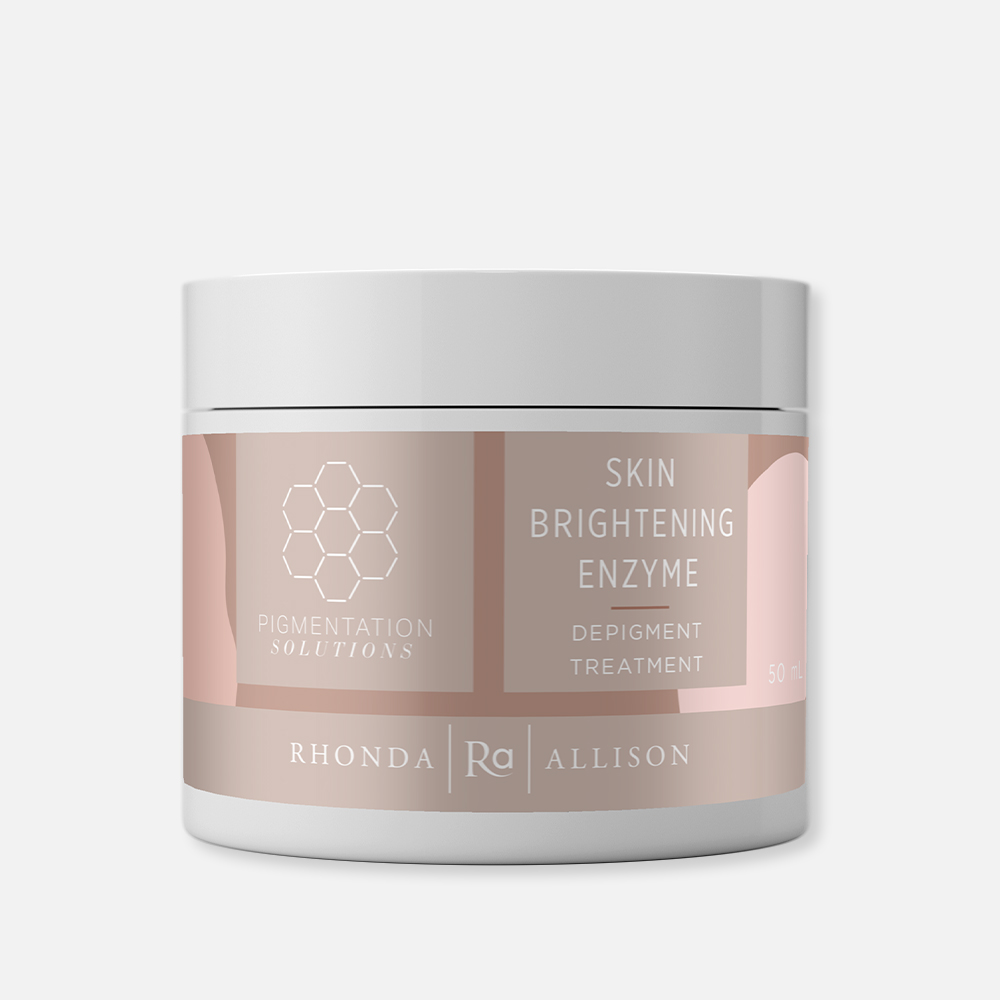
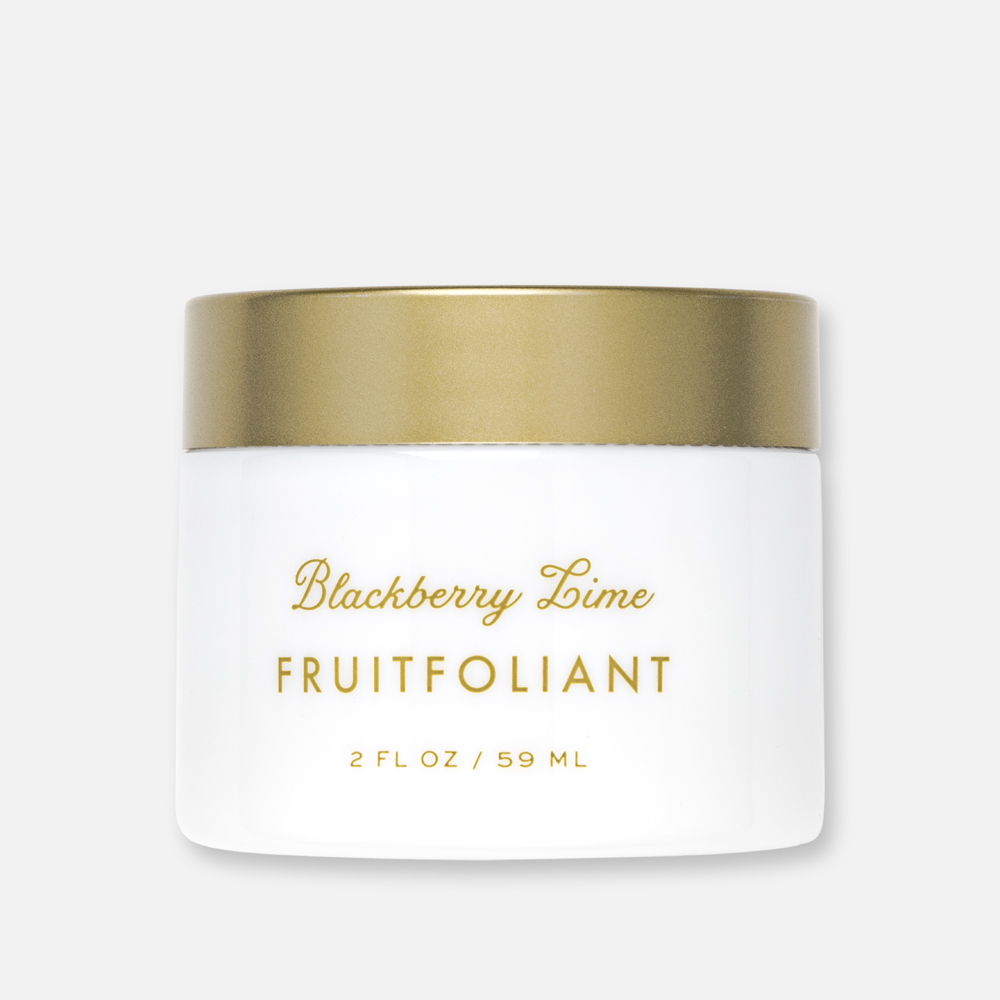
Comments (2)
How do I buy it?
Hi Ellen. You can click the hyperlink of each product or you can click the image of the product in the Related Products section to buy.